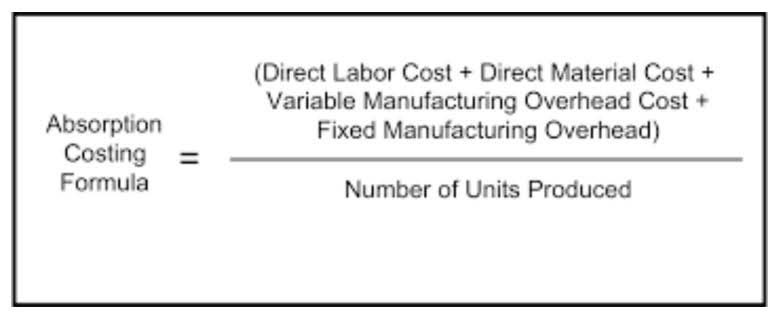US GAAP: Generally Accepted Accounting Principles Position Paper

What follows is an overview of the differences between the accounting frameworks used by GAAP and IFRS. This is at a broad, framework level; differences in accounting treatments for individual cases may also be added as this gets updated. The IFRS Foundation works with more than a dozen consultative bodies, representing the many different stakeholder groups that are impacted by financial reporting. The updated standard helped ensure that the accounting guidelines would better match the underlying economics of new business models and products. Up until 1998, TSAI had employed conservative revenue recognition practices and only recorded revenues from agreements when the customers were billed through the course of the 5-year agreement.

They dictate how a company records its finances, how it presents its financial statements, and how it accounts for things such as inventories, depreciation, and amortization. In order to present a fair depiction of the business conducted, publicly-traded companies are required to follow specific accounting guidelines when reporting their performance in financial filings. IFRS is principles-based and may require lengthy disclosures in order to properly explain financial statements. It is the established system in the European Union (EU) and many Asian and South American countries. However, any company that does a large amount of international business may need to use IFRS reporting on its financial disclosures in addition to GAAP. In the United States, generally accepted accounting principles, or GAAP, are used by businesses with public financial disclosures.
Generally Accepted Accounting Principles (GAAP) Guide
At 18 he ran away and saw the world with a backpack and a credit card, discovering that the true value of any point or mile is the experience it facilitates. He remains most at home on a tractor, but has learned that opportunity is where he finds it and discomfort https://www.bookstime.com/ is more interesting than complacency. Over 1.8 million professionals use CFI to learn accounting, financial analysis, modeling and more. Start with a free account to explore 20+ always-free courses and hundreds of finance templates and cheat sheets.
IFRS enables the ability to see exactly what has been happening with a company and allows businesses and individual investors to make educated financial decisions. International Financial Reporting Standards (IFRS) are issued by the International Accounting Standards Board (IASB), and they specify exactly how accountants must maintain and report their accounts. IFRS was established in order to have a us accounting vs international accounting common accounting language, so business and accounts can be understood from company to company and country to country. Impairment losses for long-lived assets under GAAP are calculated as the amount of the asset exceeding fair value. Under IFRS, such assets are calculated as the amount an asset exceeds “recoverable amount,” or the higher figure between fair value less costs to sell or value in use.
Principle of Prudence
Any company that distributes financial statements publicly should use some form of established accounting principles. Consequently, the theoretical framework and principles of the IFRS leave more room for interpretation and may often require lengthy disclosures on financial statements. On the other hand, the consistent and intuitive principles of IFRS are more logically sound and may possibly better represent the economics of business transactions. Any financial statement must accurately reflect all of the company’s assets, expenses, liabilities and other financial commitments. Reports must therefore be thorough and clear, without any omissions or modifications.
Although convergence efforts have stalled since FASB and IASB completed projects that better align accounting rules in U.S. She called for renewed emphasis on global accounting standards that would best serve investors through collaboration between FASB and IASB. China, India, and Indonesia have national accounting standards that are similar to IFRS, while Japan allows companies to follow the standards voluntarily. In the United States, foreign listed companies may use IFRS and are no longer required to reconcile their financial statements with GAAP.
Fixed Assets
GAAP is considered to be rules-based, meaning rules are made for specific cases and do not necessarily represent a larger principle. Other inventory differences include how markdowns are allowed under the retail inventory method or RIM, and how inventory write-downs are reversed. As a first step, the transition phase has to be segregated from the going-forward application of IFRS. The difference between these two approaches is on the methodology to assess an accounting treatment.
For example, if the organization decides to discontinue (or has already discontinued) a major geographic area, plans to discontinue a major line of business, or discontinue a major equity method investment. Under GAAP, either LIFO or first-in, first-out (FIFO) inventory estimates can be used. The move to a single method of inventory costing could lead to enhanced comparability between countries and remove the need for analysts to adjust LIFO inventories in their comparative analysis. GAAP stands for generally accepted accounting principles and is the standard adopted by the Securities and Exchange Commission (SEC) in the U.S. Except for foreign companies, all companies that are publicly traded must adhere to the GAAP system of accounting.